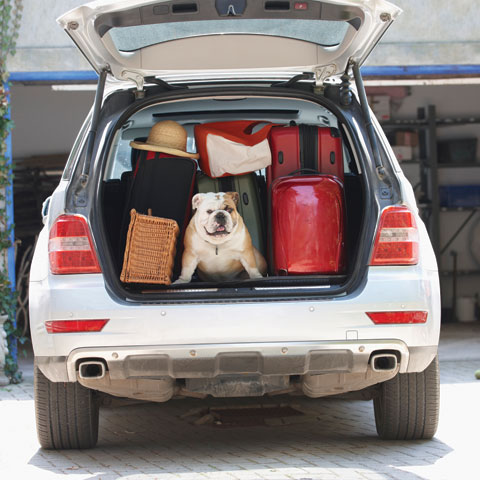While you’re relaxing on vacation, identity thieves are hard at work. So follow these tips to protect yourself before and after you leave.
Before you leave
- Avoid posting on social media. Announcing your vacation plans online or posting pictures while you’re away could be an open invitation for thieves.
- Put mail and newspapers on hold. An overflowing mailbox and pile of papers on your doorstep signal that you’re not home.
- Clean out your wallet. Remove anything you won’t need on your vacation—your checkbook, Social Security card or department store credit cards, for example—and leave them at home.
- Protect your elections. Password-protect your smartphone and other devices—avoiding weak passwords like “password” or “1234”—and turn on any programs that can help you track your device if lost. If you have to bring your computer or tablet, make sure your anti-virus and anti-spyware programs are up to date.
- Keep your luggage confidential. Don’t put your address on your luggage tag. Just include your name and number.
While you’re on the road
- Avoid public Wi-Fi. The poor security makes it easier for identity thieves to access your personal and financial information.
- Use bank ATMs. Thieves often put fake ATMs in tourist areas. Bank ATMs tend to be more secure because they are monitored more closely than stand-alone machines.
- Use the hotel safe. Don’t leave valuables or personal information accessible when you’re not in the room.
- Avoid pickpockets. Place your credit card, money or identification in a travel wallet worn inside your clothing or in an inside zippered pocket.
- Shred travel receipts. Boarding passes, flight itineraries, rental car agreements and receipts may contain personal information that thieves can use to target you. Don’t throw them away in hotel or public trashcans.
- Avoid phone scams. If someone—from your credit card company or the hotel front desk—calls to say there’s a problem with your credit card and ask for your card number, tell them you’ll call back in a moment. Call your credit card company using the number on your card or the front desk directly to make sure the call you received is legitimate.
For additional tips to protect yourself from identity theft—on the road or at home—visit the Workplace Options website (Company Code: automation).

